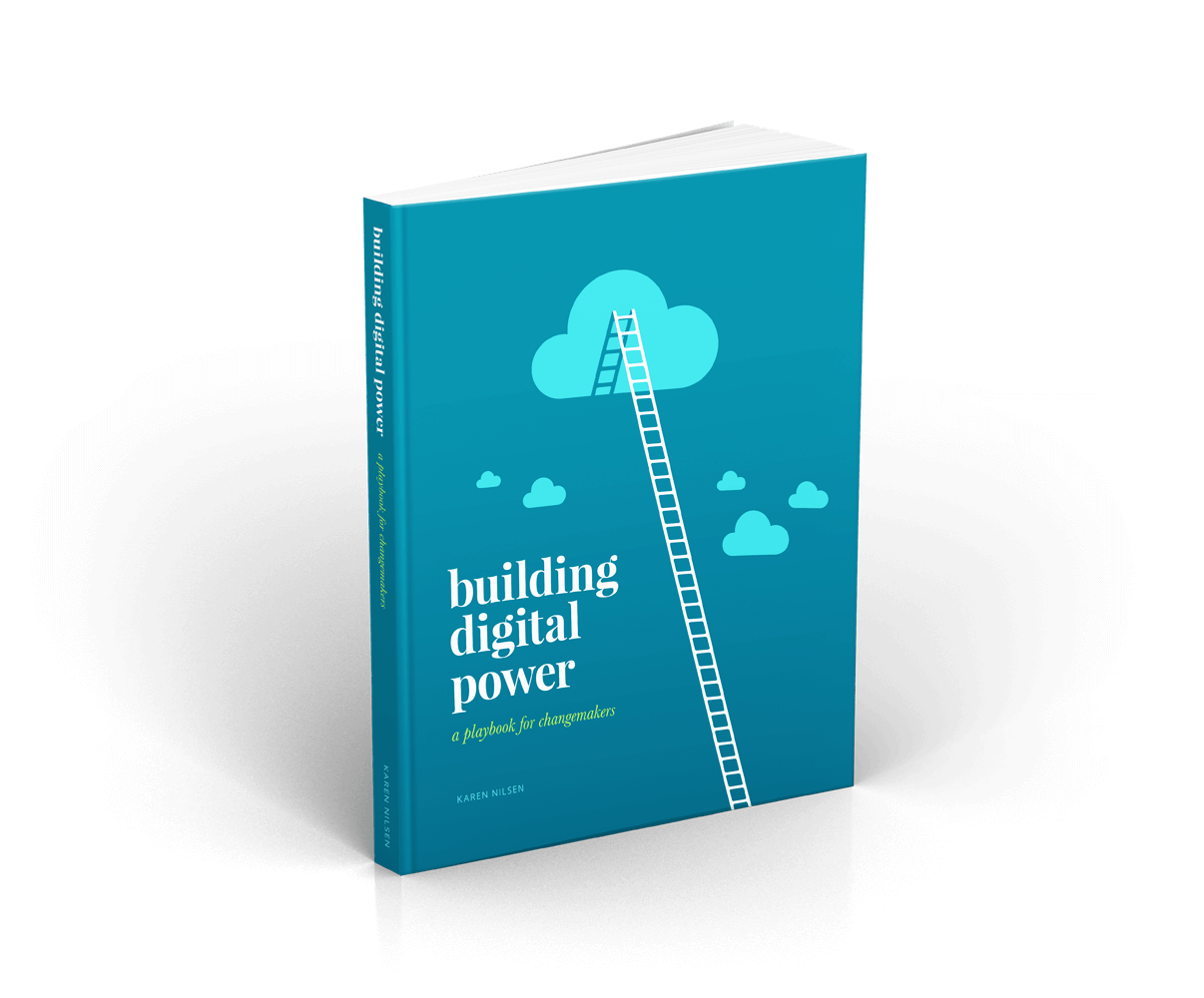How to Hook Your Reader
To steal a mantra from our friends in journalism: don’t bury the lede. The idea might have started in newspaper offices but it applies anywhere we’re competing for our audience’s attention (so, the entire Internet). In short, don’t force someone to read your whole page in order to ‘get’ the point. A ‘linear stream of consciousness’ is not a useful writing style. Start strong. Lead with compelling ideas. That’s how you’ll hook your reader.
The inverted pyramid
One way to visualize this tactic is to imagine an inverted pyramid. Front load your headline and intro statements with the most critical and compelling details—an emotionally persuasive conclusion or call to action. Follow up with supporting facts and finish with background details or your movement story.
This is basically the opposite of academic writing which often leads with background information, follows with supporting facts, and ends with a closing argument. This, like all the most effective communication tactics for web, will require many of us to un-learn the academic writing styles drummed into us by the education system. This might feel awkward and unintuitive, but it gets easier. And importantly, it works.
Why it works
- Grabs attention
- Lowers bounce rate
- Supports multiple CTA launch points which caters to both high and low attention spans
- Serves skim readers
- Improves comprehension
- Good for SEO and keyword targeting
- Encourages scrolling
How to build your own digital power, in 200 pages.
Free eBookWhen the inverted pyramid works best
When your objective is to inform, to provide commentary, or to spread an idea—the inverted pyramid works very well. In these cases, ‘top down’ structures maximize reach and comprehension by catering to wide range of reader behavior.
When to avoid the pyramid
It won’t make sense to wedge every piece of communication into some form of upside-down triangle. Different structures will suit different objectives. ‘How-tos’ and ‘listicles’, for example, gain nothing from the inverted pyramid structure. Sometimes leading with a ‘knowledge gap’ to spark intrigue can more effectively meet your needs. And for challenging content whose objective is behavior change, leading with the ‘conclusion’ can at times be abrupt and counterproductive.
Whichever structure you use, lead with a strong, compelling idea and a headline that offers a clear value proposition. This will capture attention and buy you time to hook your reader.
Was this tip useful?


Get a free weekly digital strategy tip:
Unsubscribe any time. We respect your data. View the privacy policy.
Like this tip? Share it!






